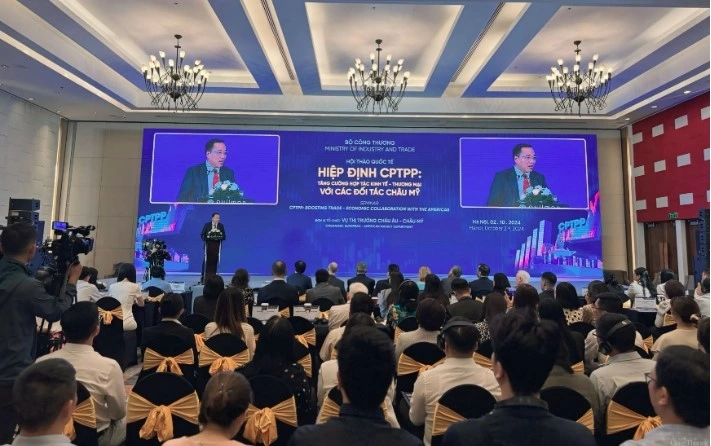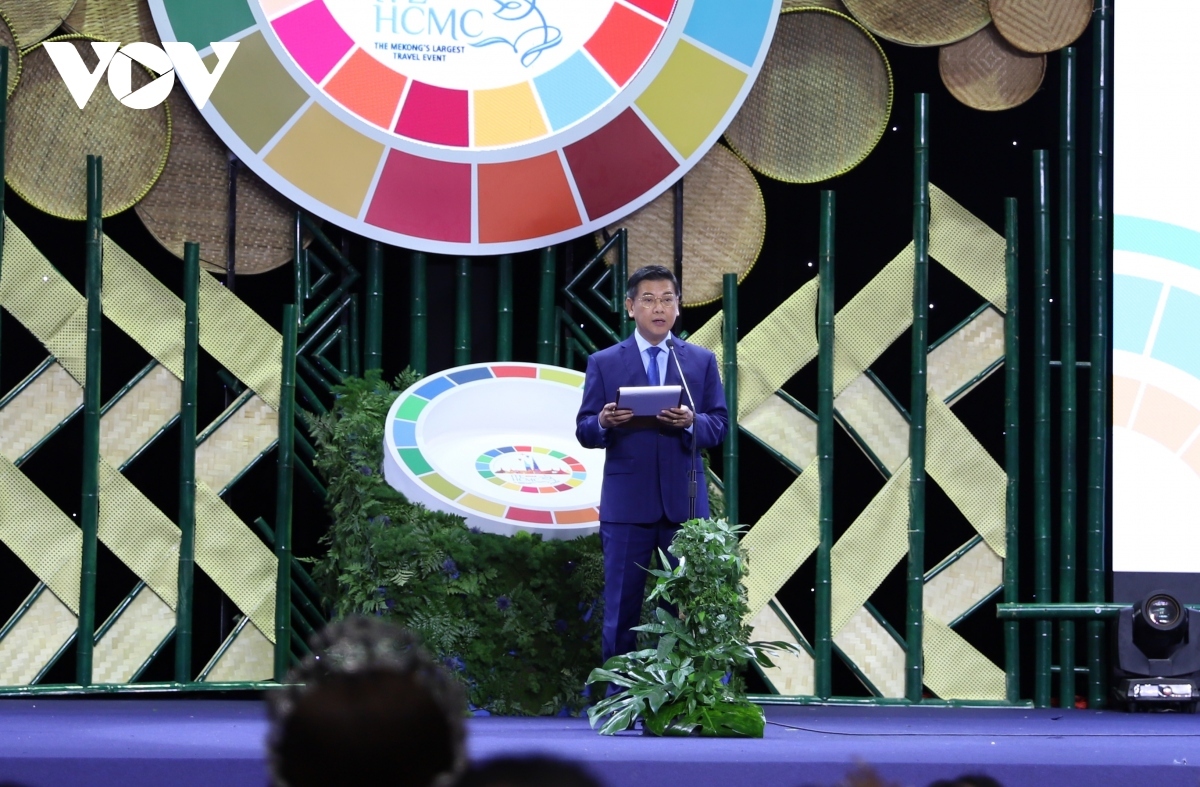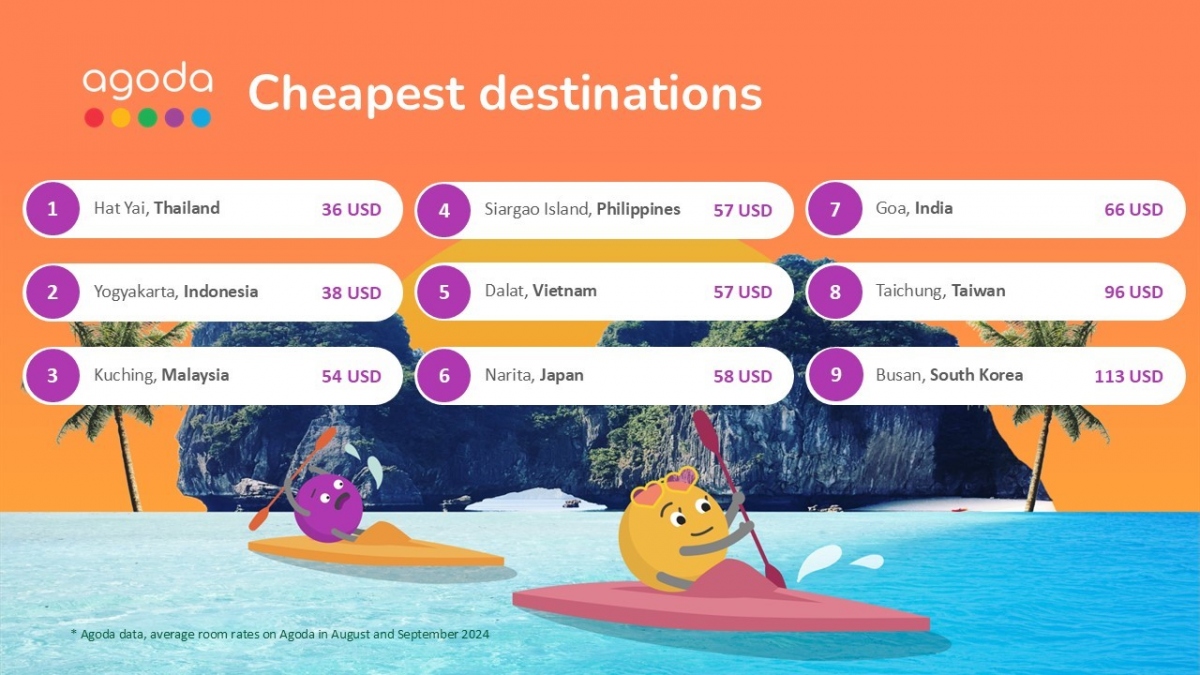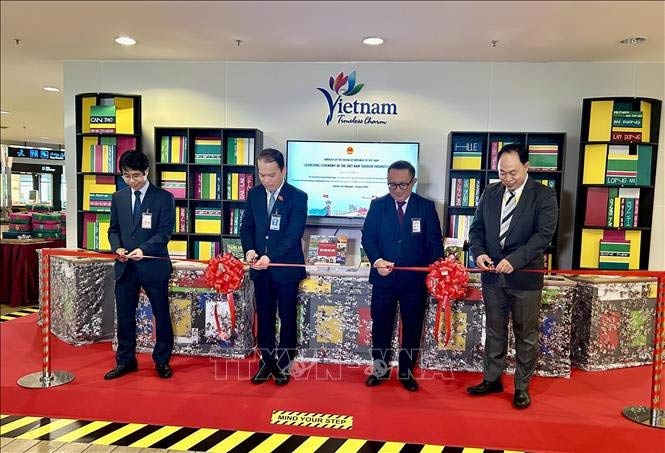Vietnam’s macro-economic achievements were applauded at an international workshop co-organised by the International Monetary Fund (IMF) and the Bank of Laos on April 3 in Luang Prabang.
 |
| Governor of the State Bank of Vietnam Nguyen Thi Hong (second, left ) speaks at the event. (Photo: VNA) |
The workshop discussing measures to overcome headwinds of the global economy saw the participation of bank governors from Laos, Malaysia, Thailand and Vietnam; the Deputy Managing Director of IMF; the Chief Representative of International Financial Corporation (IFC) office in Laos; representatives of central banks and finance ministries of ASEAN countries, international organisations, and financial institutions in the region.
Governor of the State Bank of Vietnam Nguyen Thi Hong led the Vietnamese delegation to the event.
As a main speaker at the workshop, Hong shared the positive results of Vietnam’s economic restructuring model in recent years from agriculture to industry and services. During this process, the SBV's monetary and credit management has actively contributed to the country’s macroeconomic stability, creating a solid foundation for sustainable development and promoting industrialisation.
In addition, Vietnam's banking industry is also promoting national digital transformation and proactively deploying practical actions to respond to climate change, she said, adding that it ranks higher than those in other Asian countries in implementing a number of important contents of the Paris Agreement.
Participants at the workshop praised Vietnam's macroeconomic achievements in recent years, saying that Vietnam contributes to making ASEAN a bright spot of regional and global growth.
The workshop, which took place on the sideline of the ASEAN Finance Ministers and Central Bank Governors’ Meetings 2024, provided participants with an opportunity to discuss long-term development trends in the world and how to take advantage of opportunities that the trends can bring to boost economic growth.
According to the IMF, in contrast to projected slowdown of the global economy and the risk of recession, the Asia-Pacific region continues to maintain a solid outlook, expected to contribute about two thirds of the global economic growth in 2024. In particular, ASEAN, a typical model of economic integration and cooperation, is increasingly becoming a dynamic economic region that is expected to contribute about 10% of GDP globally this year.
Within the framework of the workshop, leaders of central banks and representatives of the IMF and IFC discussed long-term development trends in the world, from economic restructuring, demographic changes, climate change adaptation, technology development, artificial intelligence and green transition to the operation of the ASEAN economy in general, and financial markets and the monetary policy management of central banks in particular.














